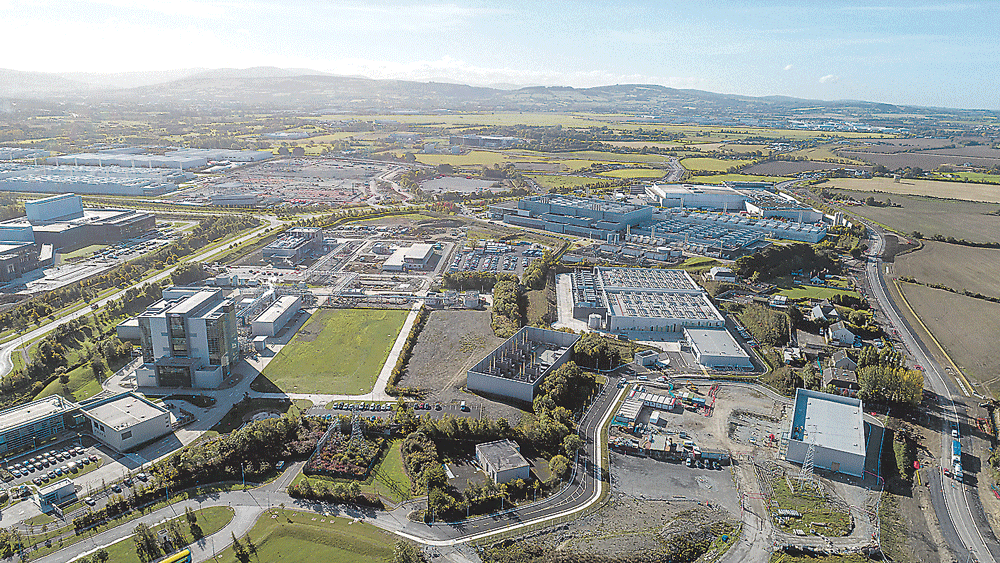
Housing or data centres are the bleak choices the State has to make
A motion to request a national moratorium on data centres that are not powered by renewable energies was passed at the September County Council meeting.
With South Dublin County hosting one of the highest numbers of data centres nationwide, councillors have called on the Government to put an end to their expansion.
A motion by Councillor Jess Spear (PBP) asked the council to write to Darragh O’Brien, Minister for Climate, Environment and Energy, to request a complete national moratorium on further data centre expansion, not only because of the damage they cause to the environment but also to tackle rising costs of electricity in the country.
However, 21 out of 36 attending councillors at the council meeting on Monday, September 8, voted an amended version of the motion, by Councillor Helen Farrell (Ind) stating that the moratorium should be requested for all data centres except for “those that are demonstrably powered by 100 per cent renewable energy sources such as solar, wind, water, wave and thermal energy.”
“Growth in renewable energy isn’t keeping pace to allow more data centres,” said Cllr Spear, who had urged her colleagues to vote for the original motion.
According to the People Before Profit councillor, devoting all available renewable energy to data centres would mean that houses and other public buildings and services won’t see a decrease in the use of fossil fuels, nor a decrease in energy bills.
“The government can say ‘We don’t have to choose between housing and data centres’ all they want, but the maths says otherwise,” she said in the chamber.
“It’s house-building at the scale and speed required by an emergency or more data centres. It’s transitioning away from fossil fuels and preventing further climate disruption, or more data centres. We have to choose.”
On the other hand, Cllr Farrell said that making sure that data centres in the county are fuelled with renewable energies and can “support business development and the environment” at the same time.
While supporting Cllr Spear’s motion, Councillor Kay Keane (PBP) shared official data saying that a data centre “can use as much electricity as Kilkenny” and that demand from the sector is expected to rise “by 30 per cent.”
Voting against the original motion, Councillor David McManus (FG) said that SDCC gets €20 million in yearly commercial rates from data centres.
“As a chamber sitting here, to say that we can give up our laptops and our phones, I just don’t see it possible,” commented Councillor Liona O’Toole (Ind), supporting Cllr Farrell’s amendment.
“It is our future, and we have to embrace it, but we have to be very careful about how we allow these people to do it.”
Cllr Spear’s motion was also backed by environmentalist group Friends of the Earth, who highlighted that “Clondalkin alone hosts a quarter of the data centres in the country” and at least three additional gas plants have been built in Grange Castle Industrial Park in the last six years to serve rising energy demand due to data centres.
The group has been hearing “people’s frustration with Big Tech companies exploiting the community,” among households in Clondalkin, Lucan and Tallaght.
“Resources are hoovered up for use by some of the most profitable tech companies in the world while communities are left to pick up the bill in terms of energy costs and creaking infrastructure,” said Seán McLoughlin, Climate Policy Campaigner for Friends of the Earth.
“We hope that the support for a moratorium signalled by South Dublin County Council serves as a wakeup call to Government.”
In 2022, SDCC passed an amendment submitted by Councillor Madeleine Johansson (IND) to the County Development Plan to ban new data centres.
However, then Minister Peter Burke, overturned that decision because “it did not align with national policy.”
Funded by the Local Democracy Reporting Scheme

